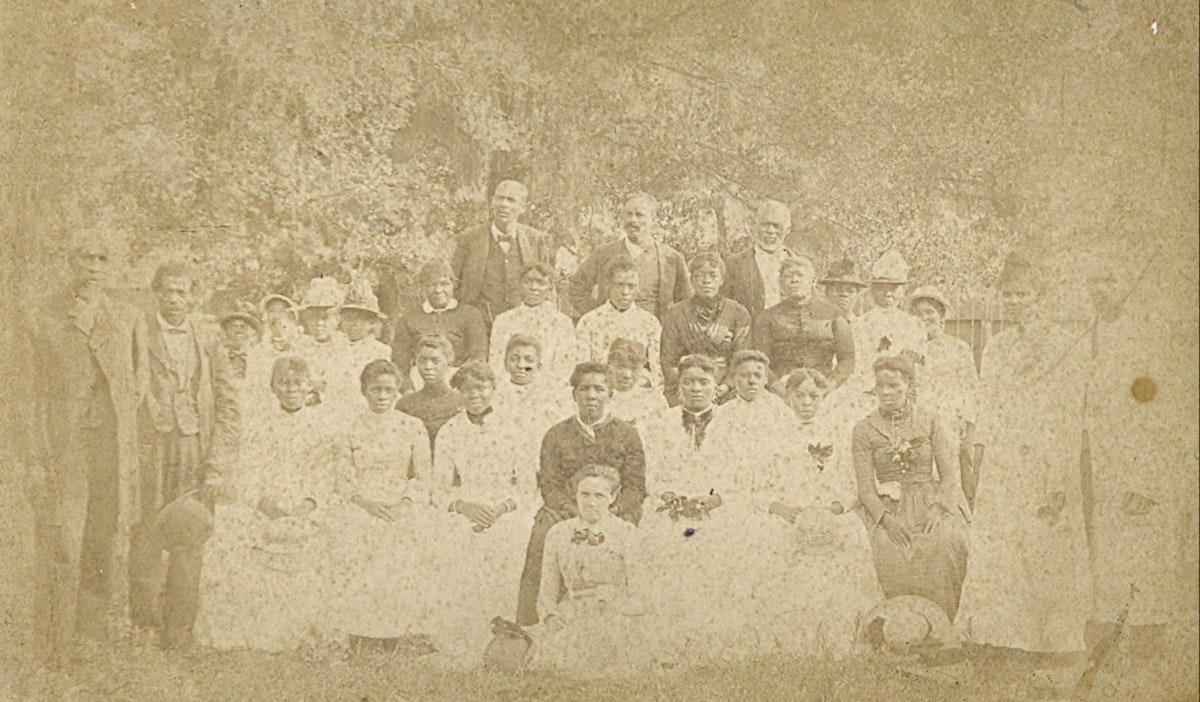History of Juneteenth

Americans have been celebrating Juneteenth this weekend, marking the third year since the holiday was given federal status by President Biden in 2021. Juneteenth commemorates the end of slavery in the United States and specifically marks the day when slaves in Texas were finally given the news of their freedom, two years after the Emancipation Proclamation was signed.
Celebrating Juneteenth is not a new phenomenon; the holiday has been celebrated in Black communities for over a century. However, the federal holiday status brings more widespread recognition and helps to uplift the importance of the holiday for all Americans. Many communities have held parades, cookouts, and educational events to signal the importance of the holiday to their communities. This shows just how significant the holiday is as a marker of America’s progress in racial equality and the continued fight for social justice.
The history of Juneteenth illustrates that even after the Emancipation Proclamation and the end of the Civil War, freedom was not immediately achieved for all enslaved people. The slow dissemination of news meant that many enslaved people continued to live in bondage long after their freedom had been declared. The celebration of Juneteenth helps to ensure that the struggles and sacrifices made by Black people in this country are not forgotten.
In conclusion, the celebration of Juneteenth is a critical marker in the ongoing struggle for justice and equality for Black Americans. The federal recognition of the holiday is an important step in ensuring that the continued fight for social justice is centered in our national consciousness. As we celebrate Juneteenth, we also have to reflect on the work that still needs to be done towards a more equitable and just society.







